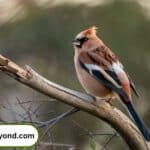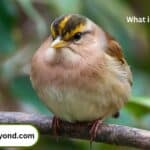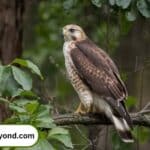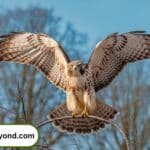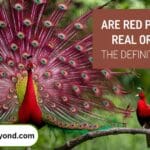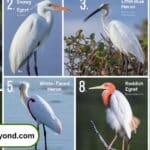Popcorn is a beloved snack for many, and if you’re a bird lover, you may have wondered: Can birds eat popcorn? The answer is yes, but with some important considerations. Popcorn can be a safe and fun treat for birds if prepared properly. However, it’s essential to know the right way to offer popcorn to birds and understand the risks that certain types of popcorn can pose.
In this blog post, we’ll dive deep into everything you need to know about feeding birds popcorn, including which types are safe, the potential dangers, and how to offer popcorn as an occasional treat in your backyard.
Can Birds Eat Popcorn?
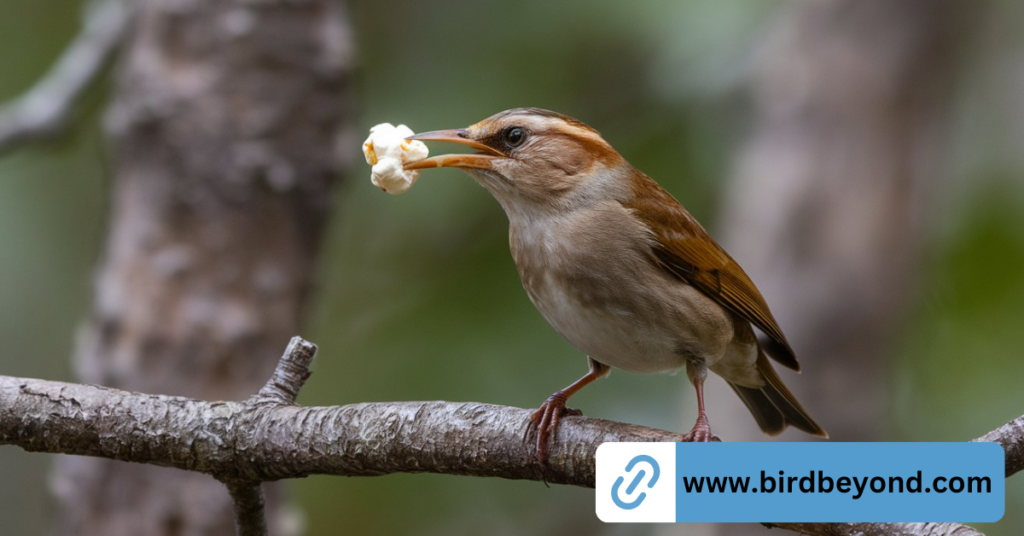
Yes, birds can eat popcorn, but it must be plain and air-popped. Birds, like humans, have dietary needs, and introducing the wrong type of popcorn, such as buttered or salted popcorn, can cause health issues. To safely give popcorn to birds, avoid added oils, butter, and salt, which are harmful to their health.
Popcorn is a type of grain, and many birds naturally eat grains as part of their diet. It can be a fun, crunchy snack for birds, but it should only be offered occasionally as part of a balanced diet. Birds eating popcorn might seem like a fun sight, but be cautious to ensure their safety.
Types of Popcorn for Birds
When wondering, “Can birds eat popcorn?”, the key is understanding the different types of popcorn and how they impact birds. Not all popcorn is created equal when it comes to feeding birds. Here are the types of popcorn you can offer and those to avoid:
Plain, Air-Popped Popcorn for Birds
Air-popped popcorn is the best type of popcorn to feed birds. It contains no harmful additives like oil, salt, or butter. It’s light, crunchy, and easy for birds to eat. Plain popcorn for birds is also low in calories, making it a harmless, occasional snack that won’t lead to weight issues.
Buttered and Flavored Popcorn Dangers for Birds
Buttered popcorn dangers for birds are significant. Birds’ digestive systems aren’t built to handle the oils, fats, and salts found in buttered popcorn. Butter can coat their feathers and make it harder for them to stay warm or fly, and the high fat content can lead to long-term health problems. Likewise, flavored popcorn for birds should always be avoided, as artificial flavorings, cheese, caramel, and chocolate are all harmful to birds.
Unpopped Kernels for Birds
Can birds eat unpopped popcorn kernels? While popcorn kernels are a natural grain, unpopped kernels for birds are not ideal. Kernels are hard, and many birds may struggle to crack them open, especially smaller species. In addition, unpopped popcorn for birds can be a choking hazard. It’s best to stick with fully popped popcorn when feeding birds.
Feeding Wild Birds Popcorn
You might see wild birds flocking to your yard if you offer treats, and you might be tempted to ask, can birds eat popcorn out in the wild? Birds like pigeons, sparrows, and crows will readily eat popcorn, but it’s still important to ensure that the popcorn is plain, unsalted, and free of butter.
How to Feed Popcorn to Birds Safely
If you want to offer popcorn to the birds in your backyard, it’s essential to do so safely. Here are some tips on how to introduce popcorn for birds in a way that is both enjoyable and safe for them.
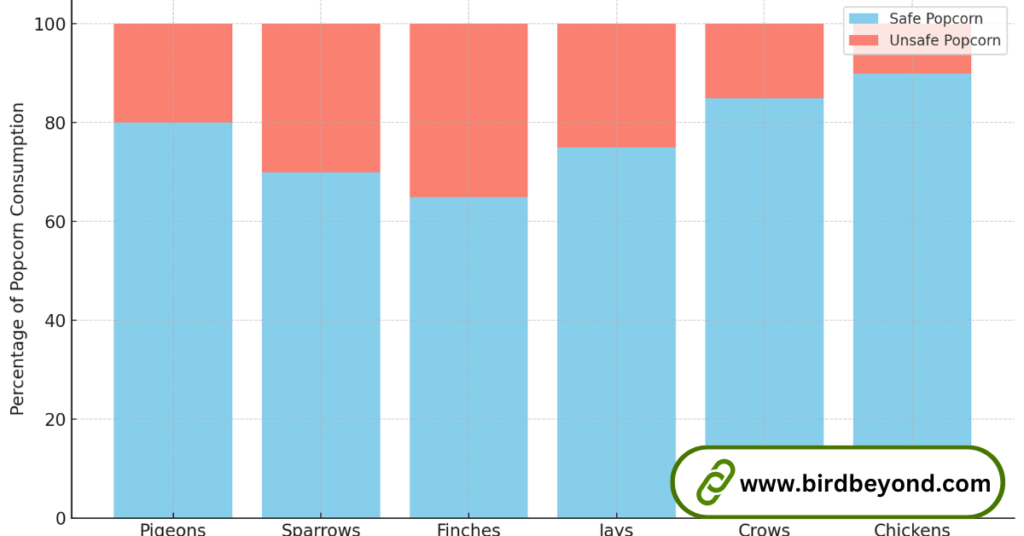
The safe and unsafe popcorn consumption among different bird species. It reflects how certain types of birds, like pigeons and chickens, are more likely to consume safe, air-popped popcorn, while others may also ingest unsafe varieties like buttered or flavored popcorn. This visual gives a clear understanding of how different birds respond to various types of popcorn based on safety and preparation.
Wild Birds: Popcorn vs. Other Snacks
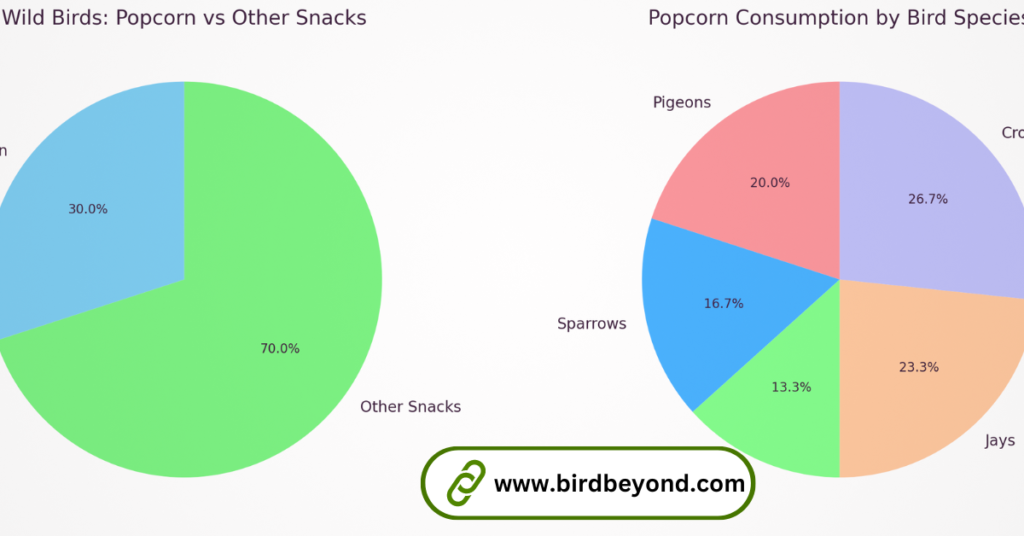
This pie chart illustrates the overall comparison between offering popcorn and other snacks to wild birds. While popcorn is occasionally provided as a treat, it is clear that other snacks, particularly seeds and grains, dominate their diet. The chart highlights the importance of a diverse diet for wild birds, emphasizing that while popcorn may be enjoyed by some, it should not replace more nutritious options that are essential for their health.
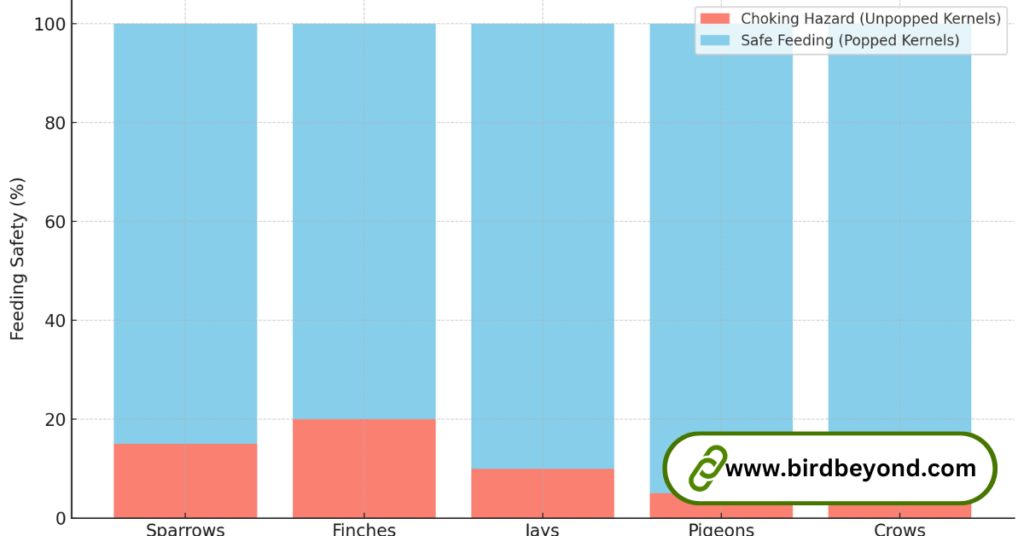
This bar chart highlights the difference between choking hazards (from unpopped kernels) and safe feeding practices (with popped kernels) across various bird species. As seen, smaller birds like sparrows and finches face a higher risk of choking compared to larger birds like pigeons and crows, which are generally safer when fed popcorn in its popped form.
Popcorn Consumption by Bird Species
This pie chart breaks down popcorn consumption among various bird species, revealing distinct preferences. Crows and jays show a notably higher preference for popcorn compared to smaller birds such as sparrows and finches. This information is valuable for bird watchers and enthusiasts, as it suggests that certain species may be more inclined to enjoy popcorn as a snack, potentially influencing feeding strategies in backyard bird-watching.
Tips for Feeding Birds Popcorn
- Stick to plain popcorn: As mentioned earlier, the safest popcorn for birds is plain, air-popped popcorn. Avoid butter, oil, salt, and flavorings.
- Serve in moderation: Popcorn should be an occasional treat. Birds need a diverse diet that includes seeds, fruits, and insects. Birds and popcorn can coexist, but the snack should not replace their primary food sources.
- Provide a bird feeder popcorn snack: Use a bird feeder or bird table to offer popcorn. This prevents it from becoming contaminated and makes it easier for birds to access.
Common Bird Species That Eat Popcorn
Several bird species might visit your yard to enjoy popcorn, including:
- Pigeons: Pigeons eating popcorn is common in urban areas, where they scavenge for food.
- Sparrows: These small birds are frequent visitors to backyard feeders and will happily munch on plain popcorn for birds.
- Crows: Larger birds like crows eating popcorn might be seen around parks or other open spaces where people feed them.
The Nutritional Value of Popcorn for Birds
Popcorn, in its plain form, can offer birds some nutritional benefits. As a whole grain, popcorn contains fiber, which helps in digestion. However, it lacks essential nutrients that birds get from their regular diet of seeds, fruits, and insects.
| Nutrient | Value (per 100g of air-popped popcorn) |
|---|---|
| Calories | 387 kcal |
| Protein | 13g |
| Carbohydrates | 78g |
| Fat | 4.5g |
| Fiber | 15g |
Although these values suggest that popcorn is not high in fat, the fiber content helps birds eating popcorn with digestion. But remember, popcorn for birds is not a replacement for nutrient-rich foods like seeds and insects.
Potential Risks of Feeding Birds Popcorn
While popcorn can be a fun treat, there are several risks associated with feeding it to birds if you aren’t careful.
Choking Hazards for Birds
Unpopped kernels can present choking hazards, particularly for smaller birds. Even some larger birds may struggle to break open hard kernels, leading to digestive issues. It’s always safer to provide fully popped popcorn to avoid any harm.
Attracting Other Wildlife
Popcorn can attract not only birds but also other wildlife like squirrels, raccoons, and even rodents. To prevent unwanted visitors, it’s important to clean up any leftover popcorn at the end of the day.
Long-Term Health Effects
Feeding birds buttered or salted popcorn can have negative long-term health effects. The added fats and salts can cause birds to gain weight and develop diseases similar to those found in humans when they consume too much fat or salt.
Popcorn and Bird Behavior: Case Study
A case study in a suburban neighborhood in New York examined the impact of feeding popcorn to wild birds over six months. The homeowner placed plain, air-popped popcorn on a platform feeder once a week. Over time, the homeowner observed that larger birds, such as crows and pigeons, were more likely to eat the popcorn, while smaller birds like finches and sparrows favored seeds and nuts.
The study found that while birds enjoyed the occasional popcorn snack, they consistently preferred their regular food sources like seeds, fruits, and insects. The homeowner also noted an increase in squirrels and other small mammals attracted to the leftover popcorn.
This case study highlights that while birds may eat popcorn, it’s essential to offer it as an occasional treat and keep it separate from their primary food sources.
Healthy Alternatives to Popcorn for Birds
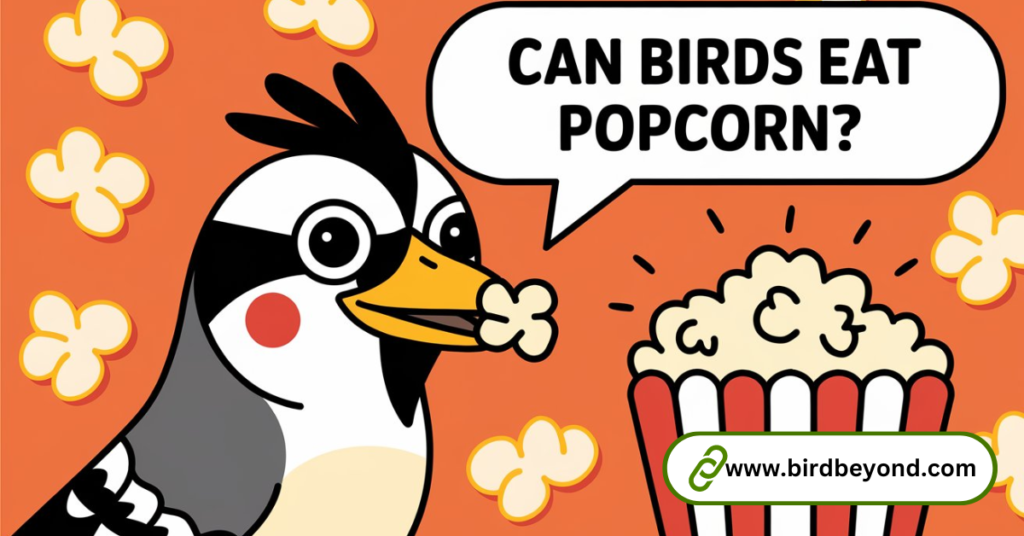
While popcorn is a fun snack, it should not make up a large part of a bird’s diet. Birds need a well-rounded diet to stay healthy. Here are some alternatives to popcorn that are more nutritious and should make up the bulk of their diet:
Natural Bird Food Alternatives
- Sunflower Seeds: Rich in protein and fats, sunflower seeds are a favorite among many bird species.
- Fruits (like apples and berries): These are packed with vitamins and antioxidants.
- Nuts (unsalted peanuts, almonds): Nuts provide essential fats and proteins.
- Insects (mealworms, crickets): These provide a high protein source that is great for birds.
| Food Type | Nutritional Benefits |
|---|---|
| Sunflower Seeds | High in protein and healthy fats |
| Apples and Berries | Rich in vitamins, minerals, and antioxidants |
| Unsalted Peanuts | Packed with healthy fats and proteins |
| Mealworms | Excellent source of protein for insectivores |
Feeding Wild Birds Popcorn: Do’s and Don’ts
Feeding wild birds popcorn can be an enjoyable experience, but keep these do’s and don’ts in mind:
- Do: Offer plain, air-popped popcorn.
- Don’t: Use buttered, salted, or flavored popcorn.
- Do: Scatter popcorn on a bird table or feeder to reduce contamination.
- Don’t: Offer unpopped kernels or make popcorn a staple part of their diet.
Conclusion: Is Popcorn a Good Treat for Birds?
So, can birds eat popcorn? The answer is yes, as long as it’s plain, air-popped popcorn and fed in moderation. Popcorn can be a safe and enjoyable snack for birds, but it should never replace their regular, nutrient-dense food sources. Remember that not all birds will take to popcorn, and it’s essential to monitor how different species react to it.
Can all bird species eat popcorn?
While many birds can eat plain, air-popped popcorn, not all species may enjoy it. Larger birds like crows and pigeons are more likely to consume it, while smaller birds may prefer seeds or fruits.
How often can I feed popcorn to birds?
Popcorn should be offered as an occasional treat rather than a staple food. Birds require a balanced diet rich in seeds, fruits, and insects.
Is unpopped popcorn dangerous for birds?
Yes, unpopped popcorn kernels can pose a choking hazard, especially for smaller bird species. Always provide fully popped popcorn.
What should I do if other wildlife is attracted to the popcorn?
To avoid attracting unwanted animals, clean up any leftover popcorn promptly and consider using a bird feeder to keep it contained.
Are there any health benefits to feeding birds popcorn?
Plain, air-popped popcorn can provide some fiber, aiding in digestion. However, it lacks essential nutrients found in a bird’s regular diet, so it should not replace more nutritious foods.
Can I flavor the popcorn for birds?
No, flavored popcorn—such as buttered, salted, or artificially flavored varieties—can be harmful to birds. Always stick to plain popcorn.
How can I tell if my bird likes popcorn?
Observe their behavior when you offer popcorn. If they eat it eagerly, they may enjoy it; if they ignore it, they may prefer other food options.

William Henry is a distinguished blogger with a flair for avian storytelling. With a wealth of experience, he delivers captivating insights and expert knowledge to Bird Beyond. William’s passion for birds and his engaging writing style make him a standout voice in the birdwatching community, offering readers both valuable information and delightful narratives.

